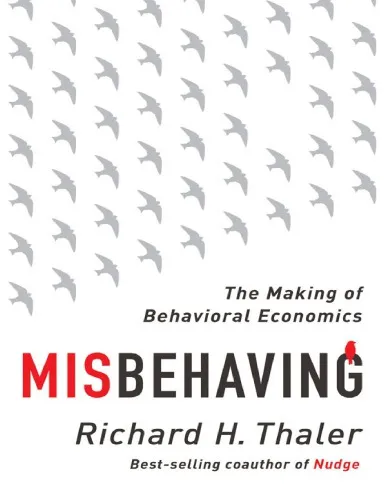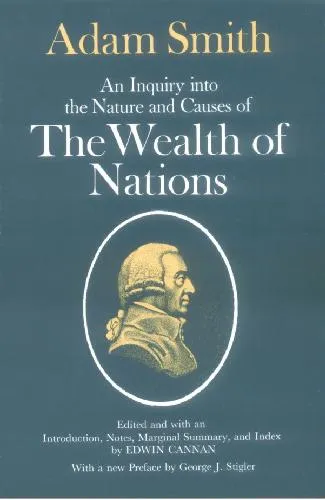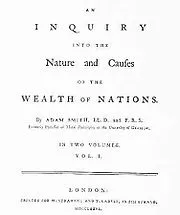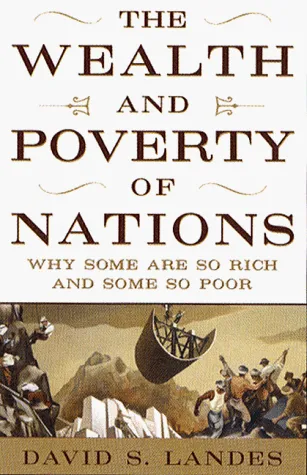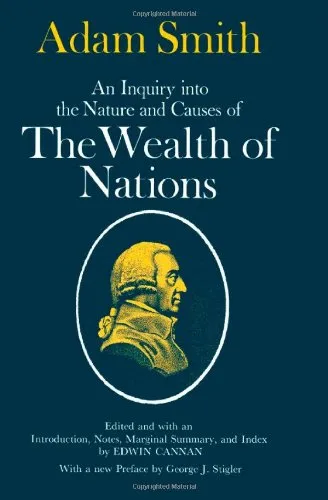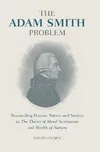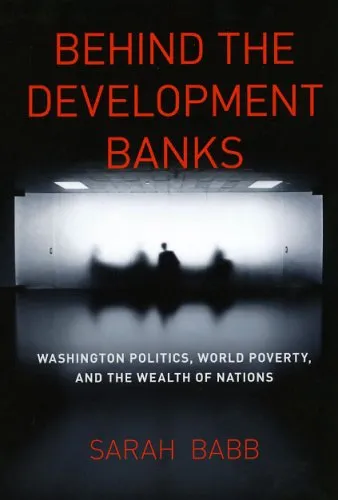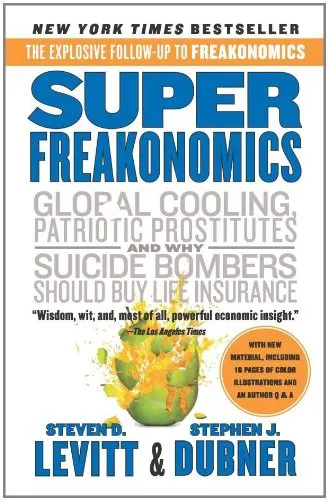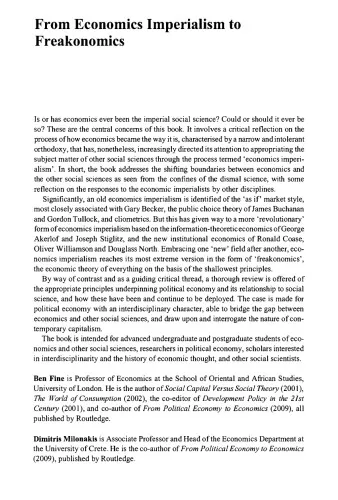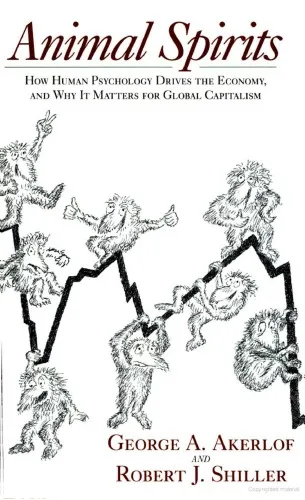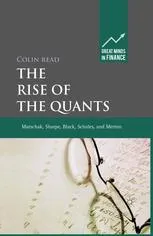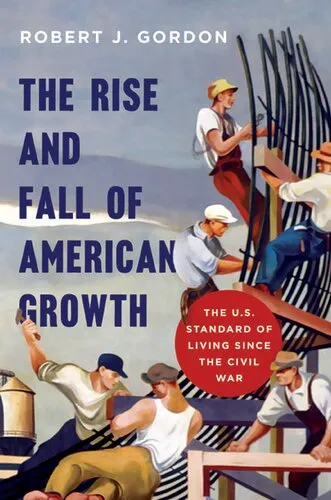From economics imperialism to freakonomics: the shifting boundaries between economics ant other social sciences
4.0
Reviews from our users

You Can Ask your questions from this book's AI after Login
Each download or ask from book AI costs 2 points. To earn more free points, please visit the Points Guide Page and complete some valuable actions.Related Refrences:
Introduction
Welcome to an exploration of the intellectual terrain navigated by economics and its infiltration into neighboring domains. "From Economics Imperialism to Freakonomics: The Shifting Boundaries Between Economics and Other Social Sciences" provides a comprehensive examination of how economics has extended its reach beyond traditional boundaries, influencing a myriad of social sciences. This book not only delves into the phenomenon known as 'economics imperialism' but also contextualizes it within the broader discourse of interdisciplinary research and methodological pluralism. Through the prism of economics, the book examines how scholarly practices have evolved, reshaping not just academic landscapes but also public perceptions and societal reality.
Detailed Summary of the Book
The book begins by charting the historical development of economic thought and its foundational principles. As economics began to inform policy and societal norms, its analytic tools and methods infiltrated various domains, from sociology to political science. This expansion is often described as 'economics imperialism,' a term that critiques its invasive nature but also highlights its efficacy in providing insights across disciplines.
Moving beyond traditional economic theory, the book examines the rise of 'Freakonomics'—a movement spearheaded by unconventional economists who employ creative approaches to unravel everyday enigmas using economic reasoning. This part of the book argues that while 'Freakonomics' popularizes economic thought, it also challenges conventional boundaries, prompting both admiration and criticism for its sometimes reductionist approach.
The narrative traverses through key debates that underscore the pros and cons of economics' foray into other social sciences. It critically examines how economics has both enriched and impoverished other fields, offering a nuanced perspective on interdisciplinary collaboration.
Key Takeaways
- The historical trajectory of economics and its influence on neighboring disciplines.
- A balanced critique of economics imperialism, discussing both its merits and limitations.
- The role of 'Freakonomics' in transforming public understanding of economics and other social sciences.
- An exploration of methodological pluralism in fostering interdisciplinary research.
Famous Quotes from the Book
"Economics has a robustness that allows it not only to dissect the workings of a market but also to unravel the social fabric that binds individuals to society."
"The beauty of economics lies not in its rigidity but in its adaptability to probe complex, unforeseen questions."
Why This Book Matters
"From Economics Imperialism to Freakonomics" is relevant for anyone interested in understanding the dynamic interplay between economics and other social sciences. As the world grapples with increasingly complex challenges, solutions that draw from multiple disciplines become imperative. This book sheds light on how economic methods can be both a boon and a bane, depending on how and where they are applied. For students, academics, and policy-makers, the book offers a framework to critically assess how economics can contribute to, as well as constrain, the interdisciplinary dialogue essential for addressing global issues.
Ultimately, this book argues for a more pluralistic approach in academia, encouraging collaboration across various fields while remaining critically aware of their unique contributions and limitations. In doing so, it opens the door to a richer, more holistic understanding of social phenomena, preparing future scholars and practitioners to tackle the complex challenges of tomorrow.
Free Direct Download
You Can Download this book after Login
Accessing books through legal platforms and public libraries not only supports the rights of authors and publishers but also contributes to the sustainability of reading culture. Before downloading, please take a moment to consider these options.
Find this book on other platforms:
WorldCat helps you find books in libraries worldwide.
See ratings, reviews, and discussions on Goodreads.
Find and buy rare or used books on AbeBooks.
1204
بازدید4.0
امتیاز0
نظر98%
رضایتReviews:
4.0
Based on 0 users review
Questions & Answers
Ask questions about this book or help others by answering
No questions yet. Be the first to ask!


